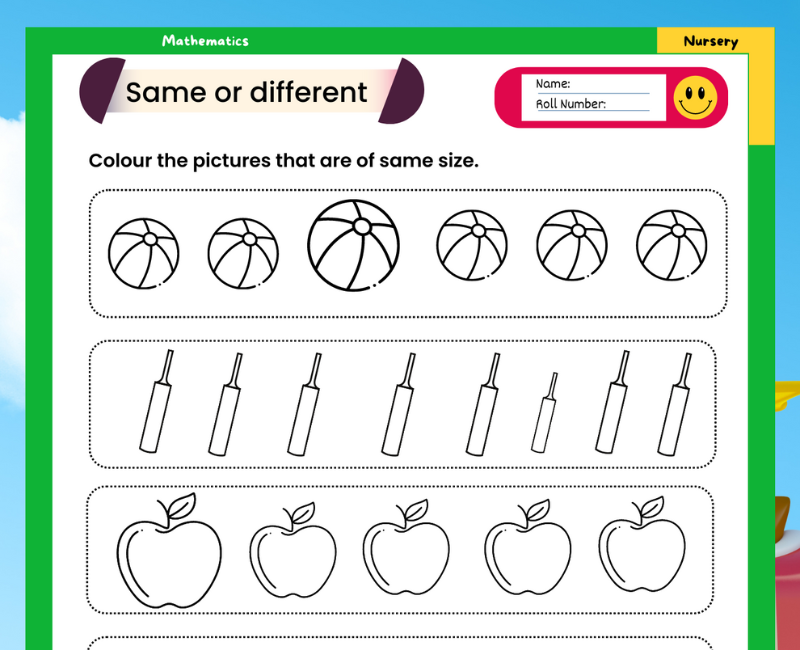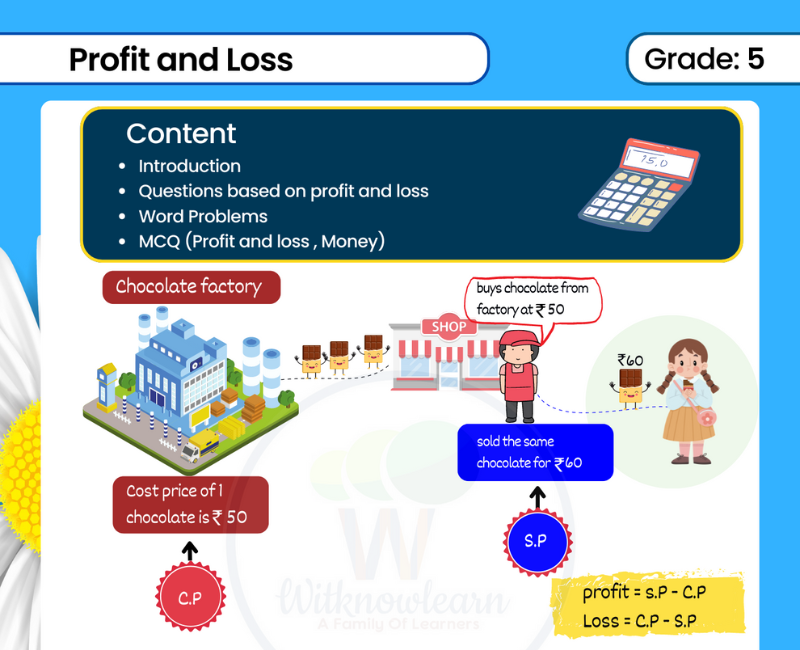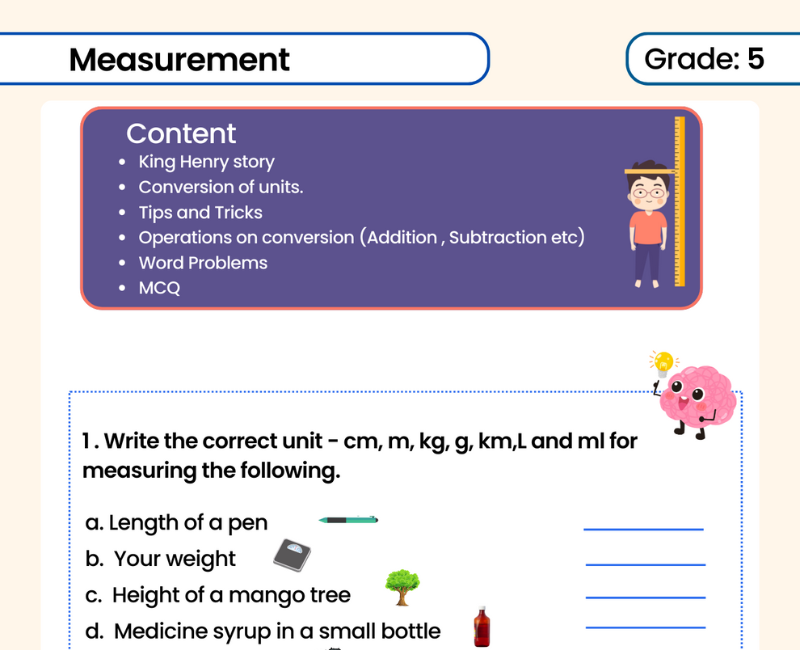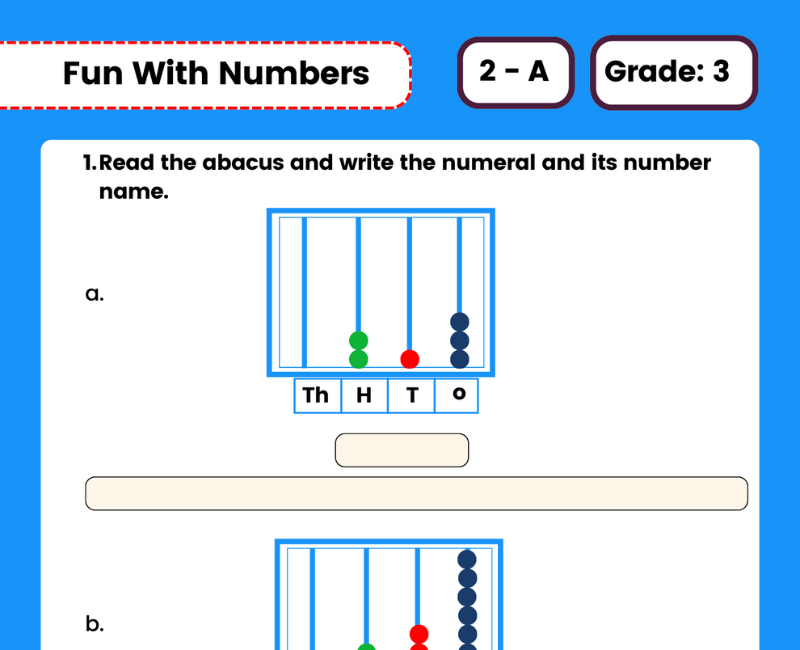Class 11 Psychology Chapter 6 Human Memory: MCQ & Questions
Discover the intricate workings of the human memory with our comprehensive guide to CBSE Class 11 Chapter 6 Psychology Extra Question Answer with MCQ. As students delve into this captivating topic, they will explore the fascinating intricacies of memory, the cognitive process that allows us to encode, store, and retrieve information. This comprehensive resource is designed to provide students with a thorough understanding of the key concepts and theories related to human memory. From the different types of memory, such as sensory and working memory, to the factors that influence memory performance, including attention and emotion, this article covers it all. In addition, we have included a range of extra questions and multiple-choice quizzes to help students test their knowledge and reinforce their learning. These practice questions are carefully curated to align with the CBSE Class 11 syllabus, ensuring students are well-prepared for examinations. Whether you are a student looking for additional study material or a teacher seeking to enhance your lesson plans, our article is your go-to resource for mastering the intriguing world of human memory. Join us as we navigate this captivating topic and unravel the mysteries of the mind.
In the world of education, the topic of memory holds significant importance, especially when delving into psychology. The NCERT Class 11 psychology curriculum dedicates an entire chapter, Chapter 6, to this fascinating subject. Students, parents, and teachers seeking to unravel the mysteries of human memory can find a wealth of resources available, including human memory Class 11 psychology notes and Class 11 psychology chapter 6 PDFs. These resources are instrumental for grasping the topic, whether you're looking for human memory Class 11 question answers, multiple-choice questions (MCQs), or even extra questions for practice.
Memory in psychology is more than just remembering and forgetting; it's about understanding how information gets stored, processed, and retrieved. Memory process psychology and processing memory psychology are topics that delve into the intricate mechanisms of how our brain works to remember information. For those who like to read digitally, memory psychology PDFs are readily available. These PDFs often cover various types of memory in psychology, including short-term, long-term, and sensory memory. The PDF format makes it easier for students to search for specific topics, and it's an excellent resource for educators preparing their lesson plans.
Different theories of memory in psychology offer explanations about how memory works. Whether you are looking to understand the nature of memory in psychology or the various kinds of memory, you'll find this information organized neatly in Class 11 chapter 6 psychology materials. The theories often explain the coding, storage, and retrieval processes that are part of human memory. Students interested in a more detailed study can consult memory psychology notes PDFs, which offer in-depth insights and are excellent for revision purposes.
A crucial element for students is the various types of questions they might encounter, from human memory Class 11 MCQs to extra questions that probe deeper into the subject matter. Such questions help students not just in their exams but also in understanding the practical implications of memory in daily life. These questions often appear in memory psychology notes, and a thorough review of them can significantly benefit students aiming for a better grasp of the subject.
To sum it up, Class 11 psychology chapter 6 is an essential read for anyone interested in the mechanics of memory. The chapter provides a holistic view that includes the nature of memory in psychology, the different types of memory, and the theories that explain how memory works. With the help of various learning aids like human memory Class 11 psychology notes, PDFs, and a variety of question formats, learning about memory becomes a comprehensive and enriching experience. Whether you're a student looking to excel in exams, a parent aiming to support your child, or a teacher planning effective lessons, the resources available make the learning journey both rewarding and insightful.
Understanding the Different Types of Memory
Understanding the different types of memory is a vital part of psychology, especially as covered in Class 11 Psychology Chapter 6. These types include short-term memory, long-term memory, and sensory memory. Human memory Class 11 psychology notes often delve into the intricacies of these different types, explaining their functions, limitations, and roles in daily life. Students looking to explore this topic in depth can consult memory psychology PDFs, which offer a comprehensive understanding of how each memory type functions differently.
The Process of Encoding Information
The process of encoding information involves converting sensory information into a format that the brain can store. This subject matter is a crucial part of memory process psychology. Encoding is the first step in creating a new memory, and understanding this process can provide valuable insights into how memories are formed. Memory psychology notes PDFs often include details on how encoding works, including its influence on the storage and retrieval of memories.
The Storage and Retrieval of Memories
Once information is encoded, it moves on to the storage phase. Storage is where memories are kept over time, and retrieval is how you get those memories back when you need them. Class 11 Psychology Chapter 6 talks about these crucial elements in memory storage and retrieval. The chapter explains how processing memory in psychology is essential for academic performance and day-to-day functioning.
Factors That Influence Memory Formation
Several factors can influence memory formation, such as focus, emotional state, and environment. Memory in psychology PDFs will often touch on these elements, providing an in-depth understanding of what can either aid or hinder memory formation. These factors are key points in the study of human memory Class 11 psychology.
Common Memory Problems and Their Solutions
Many people experience memory problems, such as forgetfulness or blockages. Class 11 psychology notes offer solutions and coping mechanisms for these issues, often proposing exercises or lifestyle changes that can improve memory function. These are also covered in human memory Class 11 extra questions.
Extra Questions from NCERT Class 11 Psychology Chapter 6
For students looking to challenge themselves, extra questions from NCERT Class 11 Psychology Chapter 6 are available. These questions range from multiple-choice to in-depth discussions, offering a comprehensive understanding of the topic.
Detailed Answers and Explanations for Each Question
One of the key benefits of reviewing extra questions is the availability of detailed answers and explanations. Human memory Class 11 question answers provide these comprehensive explanations, helping students to not just memorize but understand the material deeply.
Tips and Techniques to Improve Memory Retention
Improving memory retention involves techniques like repetition, association, and the use of mnemonic devices. Memory psychology notes often include various tips and techniques, useful for both students and adults.
Conclusion and Final Thoughts
Understanding memory is a complex but rewarding endeavor, significantly when guided by Class 11 Psychology Chapter 6 and its associated resources like memory psychology PDFs and notes. With the help of these materials and a focus on understanding rather than rote memorization, mastering the subject becomes a more attainable goal.





